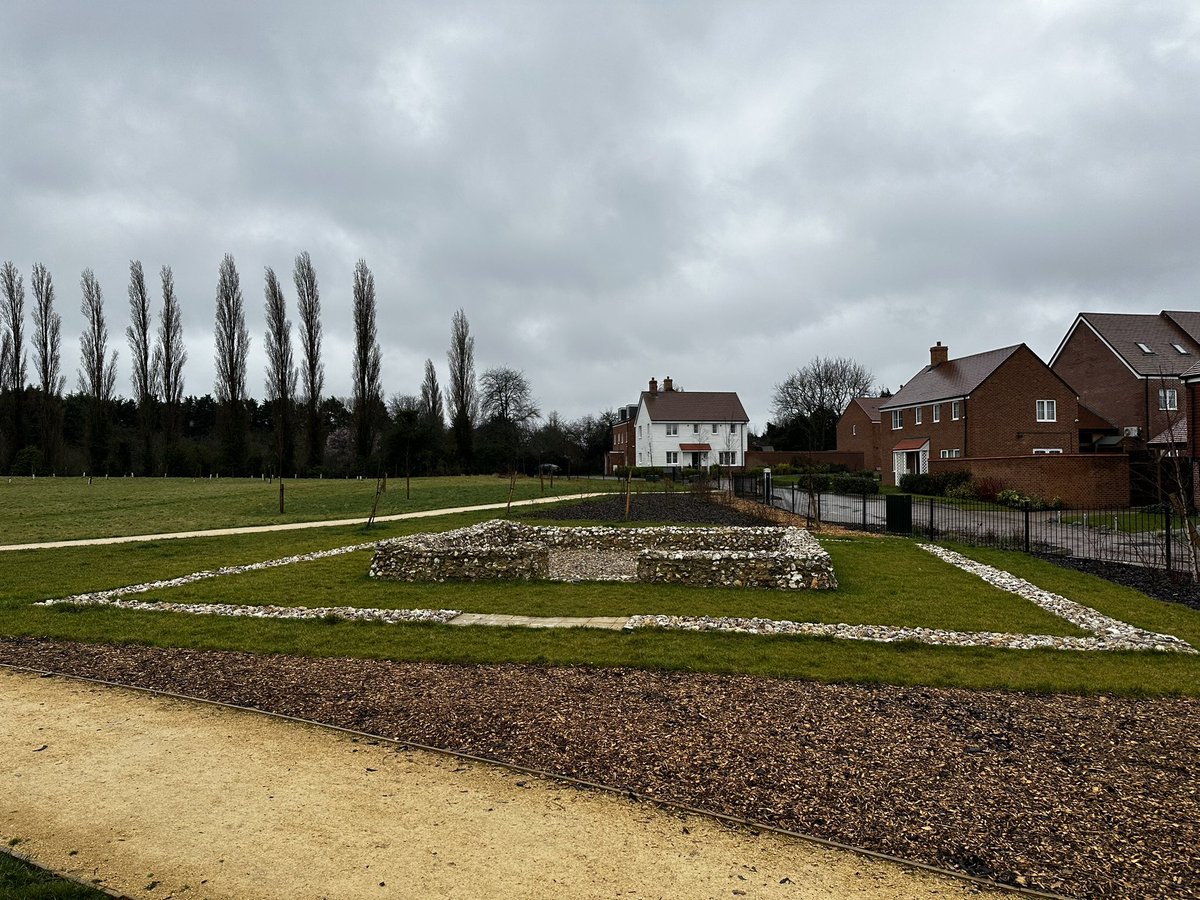Just to explain why I signed this: because, whatever Corbyn's virtues and merits, I think it's unconscionable that a potential prime minister should have expressed a wish to invite someone who propagated the blood libel to tea in the House of Commons. theguardian.com/politics/2019/…
The blood libel was invented in England. Of all the many hideous calumnies that have been directed against the Jews over the centuries, the English have a special duty to guard against the blood libel. 

Details of Corbyn's enthusiastic backing for Raed Saleh here: thejc.com/news/uk-news/j…
Corbyn's defenders claim that he was motivated in his enthusiasm for Saleh by a desire to stand up for oppressed peoples everywhere. I would accept that argument more readily had he taken a similar stand in defence of the Yazidis or Uighurs, who are suffering much worse.
I have many friends who disagree with me strongly on this, and many more who will certainly not regard me as a friend now. But I've felt this about Corbyn since before he was elected Labour leader, and nothing that's happened since has led me to change my mind.
I just wish Labour - Britain's progressive party, the party that has indeed always stood up tall against "anti-semitism & all forms of racism" - were well shot of Corbyn. And I hope that soon it will be.
@MichaelRosenYes (Am now on holiday for 3 days, so intend to have a break from politics & work until I get back.)
“The English church has a particular guilt. The blood libel, that Jews use the blood of Christian children in rituals, was invented in England...”
And English MPs have a particular responsibility not to invite people who propagate the blood libel to tea. thetimes.co.uk/article/church…
And English MPs have a particular responsibility not to invite people who propagate the blood libel to tea. thetimes.co.uk/article/church…
Those who are heirs to the Christian conviction that the last shall be first must strain every sinew to ensure they are not heirs as well to the darkest legacy of England’s Christian past...
• • •
Missing some Tweet in this thread? You can try to
force a refresh

















